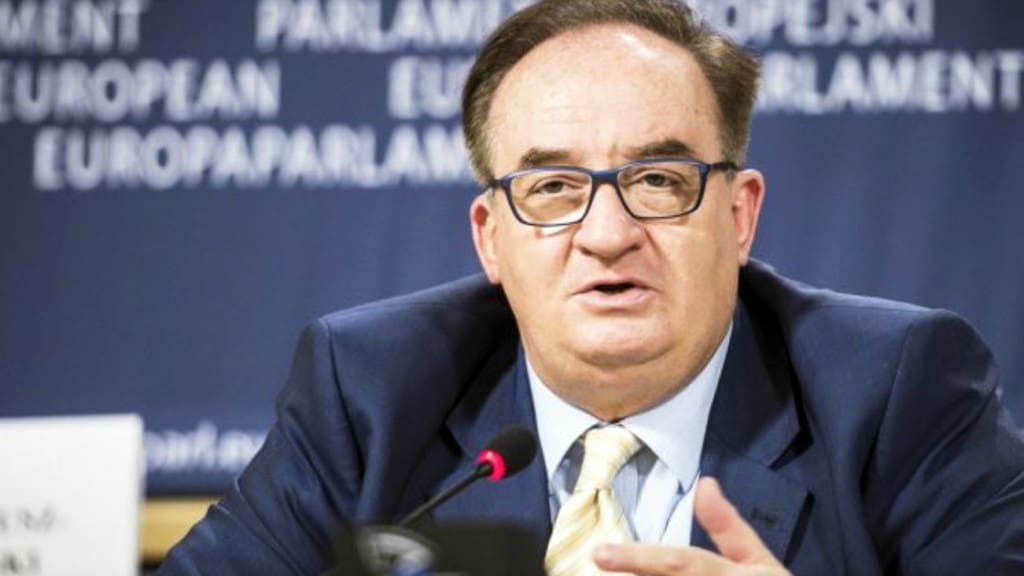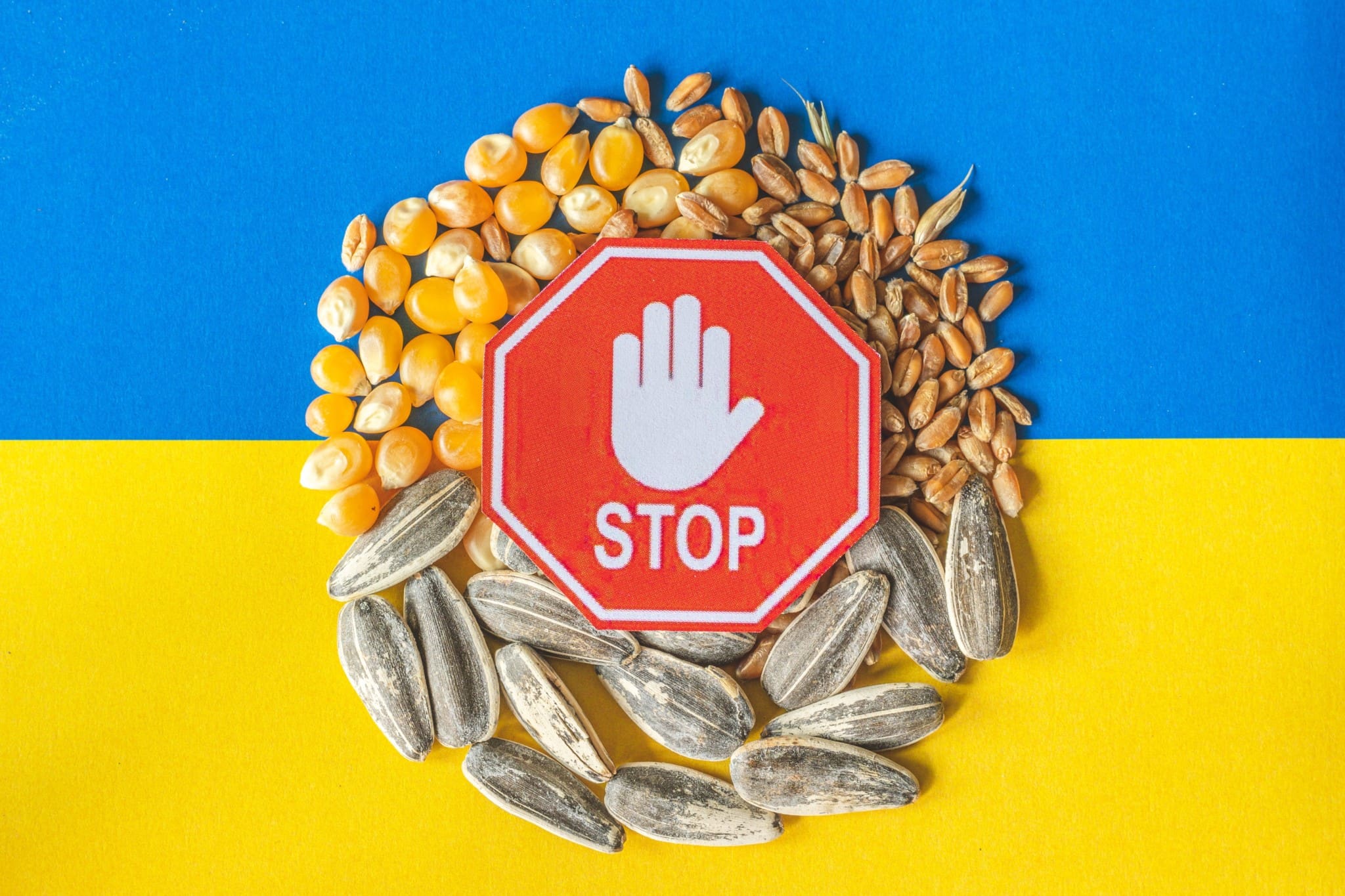After Ukraine protested Poland’s decision to block Ukrainian agricultural products to protect Poland’s farmers, tensions are rising between both countries, with Law and Justice (PiS) MEP Jacek Saryusz-Wolski slamming the Ukrainians for their response.
According to Saryusz-Wolski, Ukraine with its stance has “demonstrated that first of all it does not understand nor have adequate knowledge of European law, and second, it is behaving disloyally toward Poland.”

This, he feels, is a stance that will harm Ukraine’s interests, as it is hitting out at countries that remain its main allies. Saryusz-Wolski belongs to Poland’s ruling party, seen as one of the most aggressively pro-Ukrainian parties in Europe; the governing coalition, led by PiS, has sent tens of millions of euros in military equipment to Ukraine and other aid while also taking in hundreds of thousands of Ukrainian refugees.
The spat comes after Poland — followed by Hungary, Slovakia, Romania and Bulgaria — blocked the uncontrolled import of a variety of Ukrainian agricultural produce in order to protect their markets and farmers.
[pp id=74648]
Ukrainian President Volodymyr Zelensky has criticized Poland for the move, and Ukraine has protested to both Poland and the EU against what it sees as a violation of the EU single market and the association agreement between Ukraine and the EU.
Appearing on a conservative TV Republika program, Saryusz-Wolski said that Ukraine is not part of the EU single market. Moreover, he explained that all association agreements with countries outside of the EU include the ability of both sides to protect their markets via tariffs and quotas.
[pp id=73483]
Saryusz-Wolski underlined that the opening of the market in 2022 during a war was unilateral and temporary, and did not alter EU laws and regulations.
“It did not imply a legal obligation to let in all and any Ukrainian goods but was a gesture of goodwill,” said the senior Polish MEP.
Saryusz-Wolski, who back in the 1990s negotiated Poland’s association agreement with the EU, suspects that the European Commission underestimated the scale of the Ukrainian imports and how competitive they would be in terms of price. He also said he feels that the EU preferred to open up the market for Ukraine rather than give that country financial aid, especially as the price for opening that market would mainly be paid by the countries of Central and Eastern Europe.






